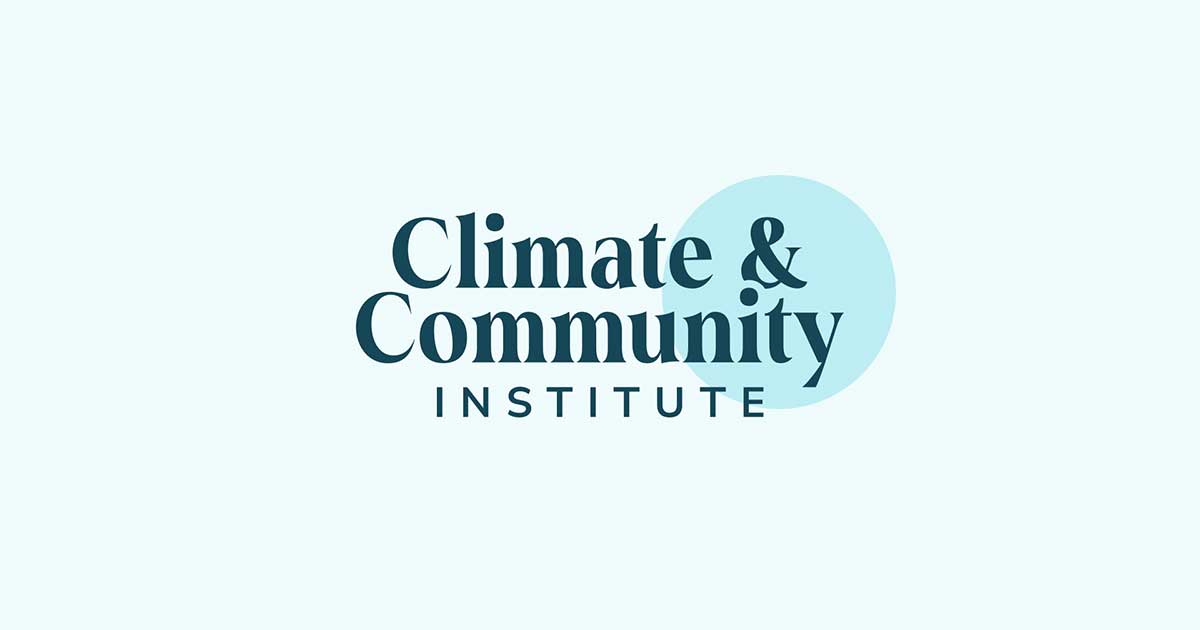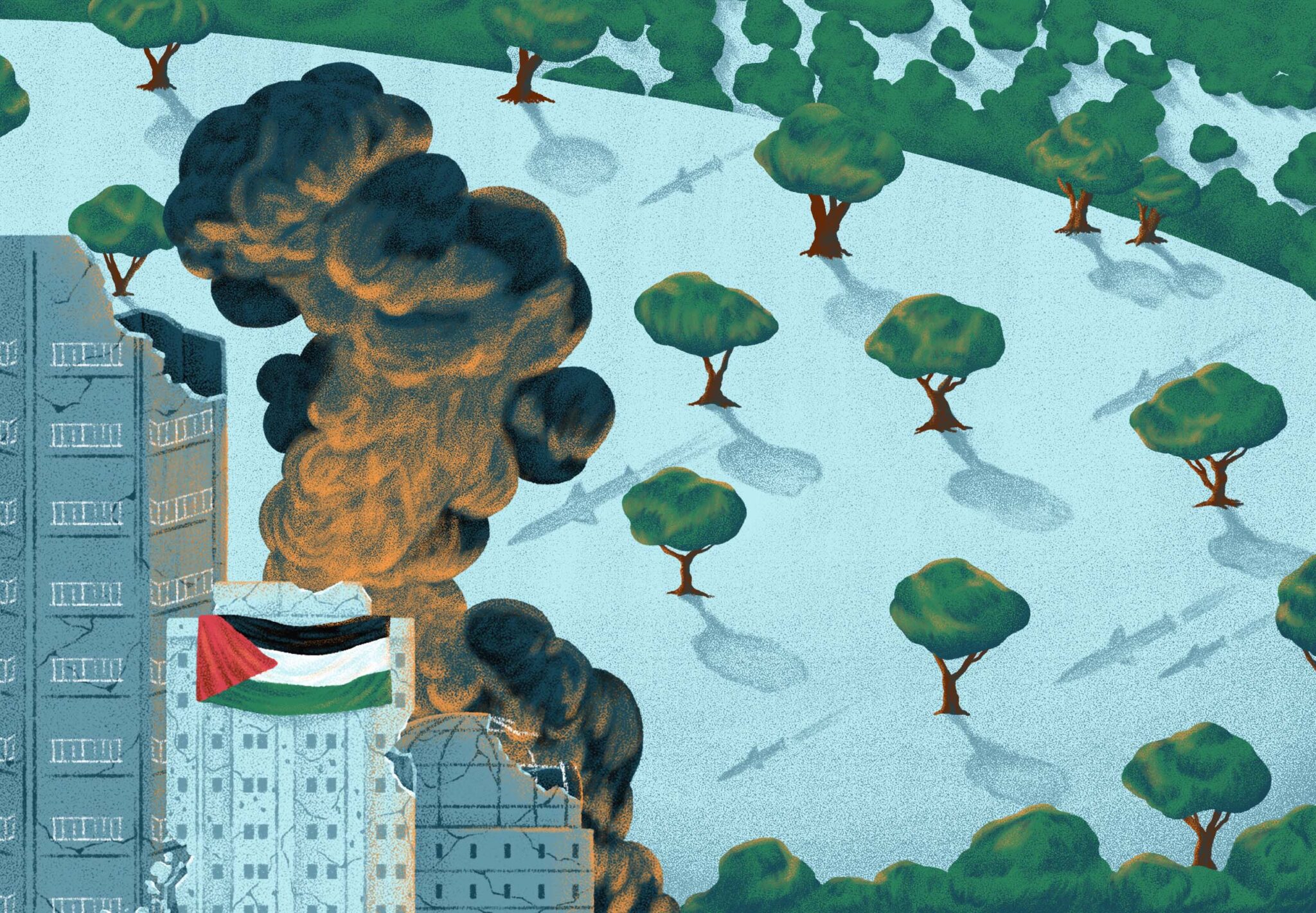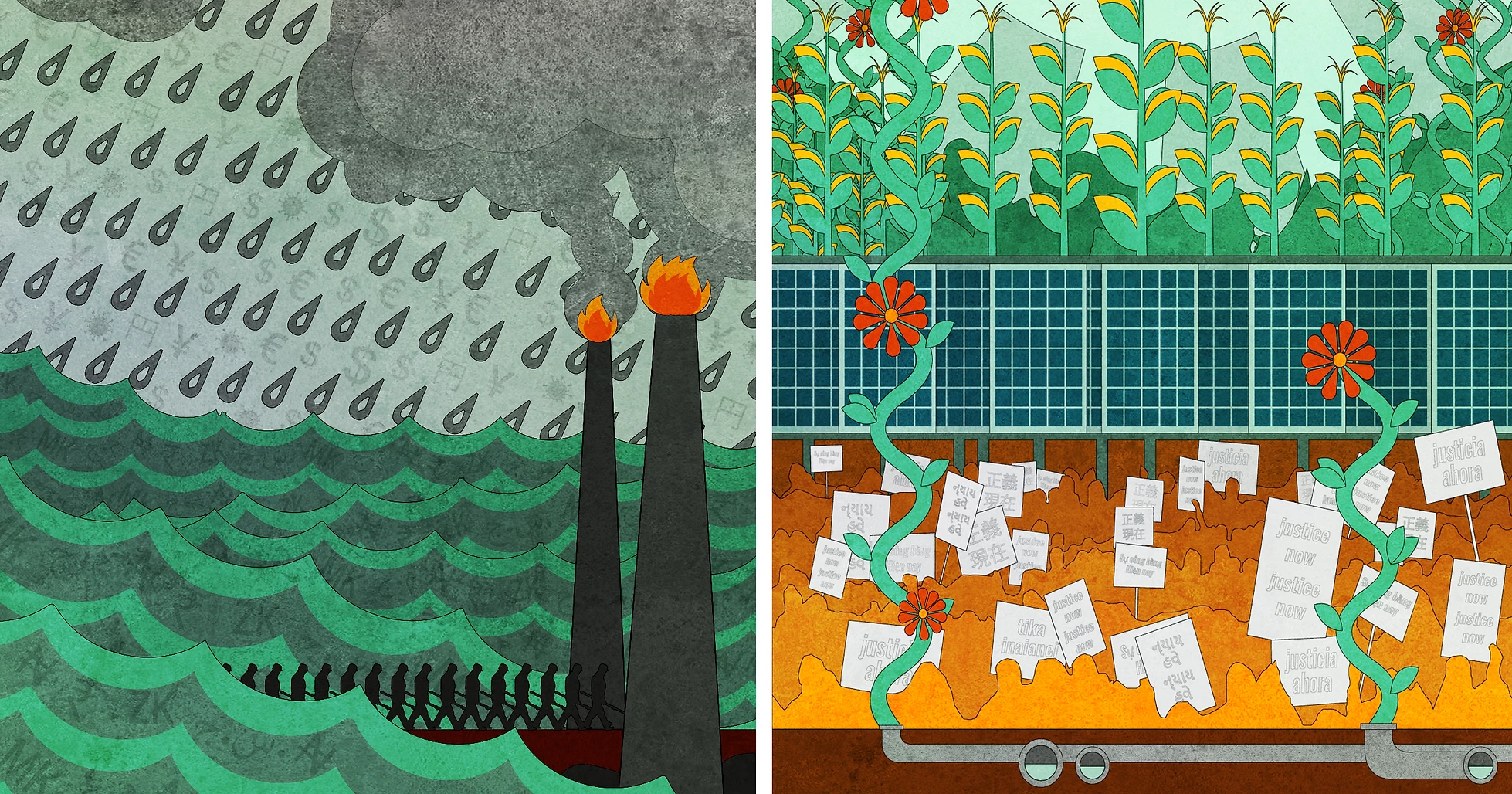Restoring trust at COP29
Gaza and the failures of multilateralism
Key Takeaways
International climate negotiations start next week in Azerbaijan and the stakes are high, especially for coming to a new agreement on international climate finance.
International negotiations are built on a foundation of trust, but the Global North’s support for Israel’s genocide in Palestine in violation of myriad international laws and norms is eroding that trust and making good outcomes from multilateral processes much harder.
Movements and organizations who want the best outcomes from international processes like the UN climate talks cannot ignore how actions in other geopolitical arenas are damaging the prospects for strong climate action.
The United Nations Climate Change Conference (COP29) will begin in Baku, Azerbaijan, on November 11, 2024. 197 countries and the EU will meet to “significantly enhance international cooperation and the international enabling environment” for ambitious climate action to keep the 1.5C goal alive. Key agenda items include enhancing mitigation ambitions and negotiating a new climate finance agreement (the new collective quantified goal (NCQG)). With the world creeping ever closer to 1.5C of warming, extreme weather events becoming alarmingly common worldwide, and countries failing to meet their mitigation targets, the climate community hopes for agreements at COP29 that will accelerate highly ambitious global cooperation.
It is well-established that the UNFCCC process is inherently flawed, fraught with unequal power dynamics, and limited in the extent to which it can lead to the structural change required to address the climate crisis. However, for COP29 and the UNFCCC process to lead to even incremental progress in addressing the priorities of the most vulnerable countries and communities, institutions and individuals concerned about climate must account for dynamics outside of the UNFCCC and hold countries accountable for more than just their carbon emissions. A positive outcome at COP29 ultimately depends on successful international cooperation, which calls for trust in our global systems from all countries. However, this intrinsically relies on a shared faith in global multilateralism, which is undermined by stark geopolitical divisions over Israel’s attacks on Gaza, the West Bank and Lebanon highlighting a widening fracture in trust between the Global North and Global South.
After all, the UNFCCC negotiations exist within a larger global multilateral system, where agreements are reached by consensus among countries. Follow-through on these non-binding UNFCCC outcomes depends on trust between countries and trust in a rules-based international order. The West (the US, UK, and EU) frequently position themselves as champions of such a rules-based international order, but selectively choose when to adhere to and enforce international law and agreements.
There is no more egregious example of this than the ongoing genocide in Gaza that as of October 2024, is conservatively estimated to have killed around 44,000 Palestinians (with estimates as high as 186,000 if indirect deaths are accounted for). Israel’s attacks have now expanded to Lebanon and Iran, further exacerbating the humanitarian crisis in the region.
As COP29 nears, we have now had more than a year of the US-backed and funded genocide in Gaza, enabled by Western allies that have repeatedly joined in defying UN resolutions, discrediting UN experts, ignoring the directives of international human rights institutions, and funding actions in violation of multilateral agreements to which they are signatories.
This disregard of international law and international agreements by the West is not specific to the genocide in Gaza; much has been written about this in other humanitarian contexts like Afghanistan and Iraq. However, the unabashed state support for this genocide, despite blatantly visible and thoroughly documented human rights violations, is an escalation of these trends. It is establishing new norms for when human rights and equality can be set aside. The stark divide between the Global North and the Global South on this matter is evident in the voting for a resolution calling for a humanitarian truce in Gaza at the UN General Assembly – Global South countries overwhelmingly voted in favour of a truce, with Global North countries voting ‘no’ or abstaining.
These geopolitical tensions set the environment within which consensus is sought at the UNFCCC negotiations. COP29 is being dubbed the ‘finance’ COP. Trust between Global North and Global South countries is already low, not least due to a lack of follow-through from Global North countries on the USD 100 billion finance commitment, as well as them blocking progress on loss and damage finance and reinforcing vaccine apartheid during the COVID-19 pandemic. Even more recently, negotiations at the UN process for biodiversity conservation on similar questions of finance failed comprehensively last week in Colombia because Western countries have again refused to even consider offering sufficient finance to achieve biodiversity targets across the Global South. It is unclear whether climate multilateralism would survive the failure of negotiations to significantly scale up public financing for climate action through the NCQG. Its success is critical to securing additional climate finance that is desperately needed for poorer countries to cope with increasingly devastating climate impacts. This is owed to them due to the disproportionate impacts they are facing despite contributing the least to climate emissions.
Expecting Global South countries to trust Global North countries to provide much-needed climate finance while they are backing an ongoing, highly visible genocide is unrealistic. After all, if the US government and its Global North allies regard Gaza’s population as disposable in the name of security, they may well take the same outlook toward climate migrants, refugees, and victims of climate-related disasters. At COP28, Colombian president Gustavo Petro voiced precisely this fear: “genocide and barbaric acts unleashed against the Palestinian people is what awaits those who are fleeing the south because of the climate crisis. What we see in Gaza is the rehearsal of the future.”
Many climate justice organisations have been highlighting the need for the climate community to express solidarity for the Palestinian cause. However, in the run-up to COP29, the Western mainstream climate community has focused heavily on the implications of the US election on the UNFCCC process and are continuing to focus on the implications of a Trump win. COP29 is next week. Given the US’s outsized impacts on international negotiations and greenhouse gas emissions, some focus on the election outcomes is excusable.
Less excusable, however, is the lack of attention paid to the corrosive impacts of the US-backed genocide in Gaza on the UNFCCC process and multilateralism in general. The US and its allies, regardless of the administration in power, has shown that they do not consider multilateral agreements to be binding in any way. In the past, the US has continually acted as a blocker within the climate negotiations – undermining progress on loss and damage finance, for instance – despite not adhering to its own climate commitments. While the US and its allies push for conversations on country-level emissions reductions at the COPs and other global climate spaces, they sideline conversations that account for equity considerations and center the Global South’s climate priorities, such as on the historic responsibilities of polluters, reforms of the international finance architecture, and support for adaptation. Much more needs to be done to hold the US accountable for its actions on a global level irrespective of who is president.
The climate community must demand an end to the US-backed genocide in Gaza which is likely to continue under a Trump administration. Civil society actors must bring to the fore how powerful countries are trampling international agreements and undermining multilateralism. Acting to stop the Israeli occupation of Palestine, urgently calling for and enforcing an embargo on arms to Israel, and defending international governance institutions would go a long way towards making true the myth of ‘leaving no one behind’. This is a necessary step towards restoring the faith of the Global South in multilateralism and setting the world up for an effective and accountable global governance system – which in turn will enable more effective and equitable climate action.


